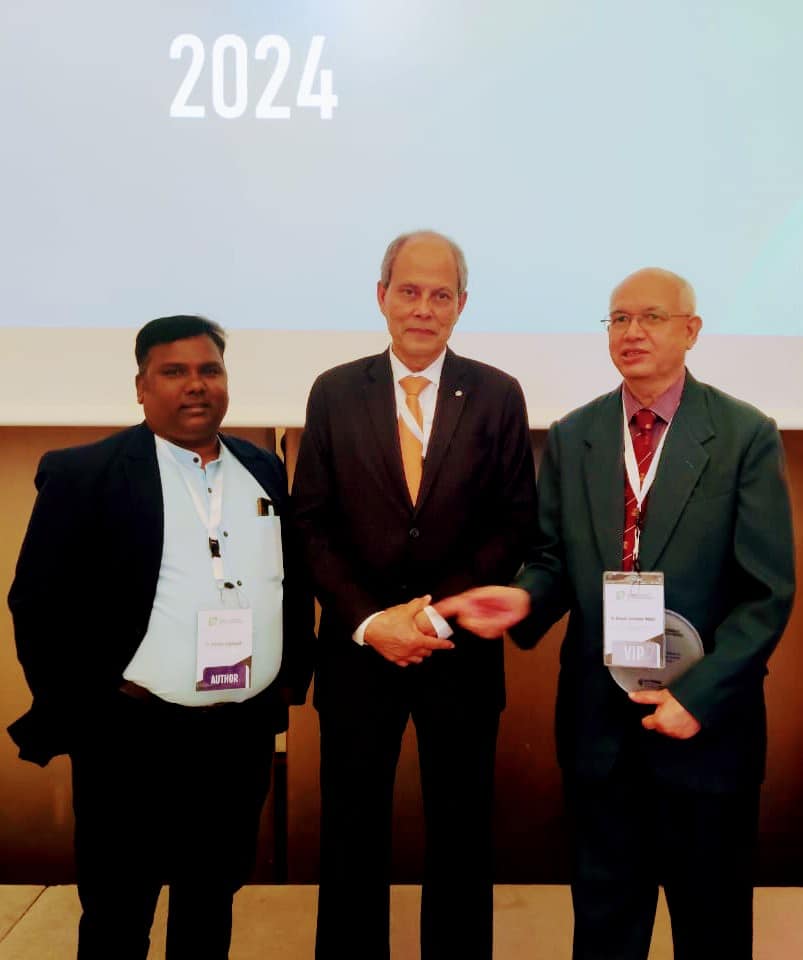COP 28 Resolution 23/57: GFANZ, constituting a part of this above Coalition, has been working to develop the tools and methodologies needed to turn financial institutions’ net-zero commitments into action. They have published its 2023 Progress Report on transition finance, showing progress made on transition planning, and mobilizing capital in emerging and developing economies.
Resolution point 23 from the UAE Global Climate Action at COP 28 in 2023 highlights the efforts of the Glasgow Financial Alliance for Net Zero (GFANZ), a part of the Global Capacity Building Coalition, in developing tools and methodologies to help financial institutions turn their net-zero commitments into action. GFANZ has published its 2023 Progress Report on transition finance, showcasing progress made on transition planning and mobilizing capital in emerging and developing economies. Let’s analyze the positive and negative aspects of this resolution:
Positive Side:
Action-Oriented Approach: GFANZ’s efforts to develop tools and methodologies to translate net-zero commitments into action demonstrate an action-oriented approach to addressing climate change. By focusing on practical solutions for financial institutions, GFANZ aims to accelerate the transition to a low-carbon economy and drive meaningful impact in reducing greenhouse gas emissions.
Progress on Transition Finance: The publication of GFANZ’s 2023 Progress Report on transition finance highlights the progress made in transition planning and mobilizing capital in emerging and developing economies. This progress indicates a commitment to addressing climate-related risks and opportunities in these regions and supporting the transition to a sustainable and resilient economy.
Focus on Emerging and Developing Economies: GFANZ’s focus on mobilizing capital in emerging and developing economies is commendable, as these regions often face significant challenges in accessing climate finance. By targeting transition finance initiatives in these regions, GFANZ aims to support sustainable development and climate resilience efforts where they are most needed.
Negative Side:
Limited Detail on Progress: While GFANZ’s 2023 Progress Report highlights progress on transition finance, there may be limited detail on specific actions taken and their impact. Without clear metrics and indicators to assess progress, it may be challenging to evaluate the effectiveness of GFANZ’s initiatives and their contribution to achieving net-zero goals.
Challenges in Mobilizing Capital: Mobilizing capital for transition finance in emerging and developing economies can be challenging due to various factors such as perceived risks, limited investment opportunities, and regulatory complexities. Addressing these challenges requires innovative approaches, risk mitigation measures, and creating an enabling environment conducive to private sector investment.
Equity Considerations: While GFANZ’s efforts to mobilize capital in emerging and developing economies are commendable, there may be equity considerations regarding access to finance and ensuring that vulnerable communities and countries benefit from these investments. Addressing equity concerns and ensuring that transition finance initiatives are inclusive and benefit all stakeholders is essential for sustainable development.
In conclusion, while Resolution point 23 at the UAE Global Climate Action at COP 28 highlights positive progress in GFANZ’s efforts to translate net-zero commitments into action and mobilize capital in emerging and developing economies, it also faces challenges related to limited detail on progress, mobilizing capital, and addressing equity considerations. Efforts to address these challenges will be crucial for realizing GFANZ’s objectives and supporting the transition to a low-carbon economy globally.


